Search Results
Showing results 1 to 20 of 126

Lean, Mean Information Machine: Using a Simple Model to Learn about Chromosomal DNA
Source Institutions
Learners observe a model of a cell and its chromosomal DNA made from a plastic egg and dental floss. Use this model to illustrate how much DNA is held in one cell.
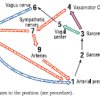
Baroreceptor Reflex Role Play
Source Institutions
In this activity about the baroreceptor reflex (BR) arc (page 123 of the PDF), learners discover the importance of maintaining adequate arterial blood pressure through a role playing exercise.
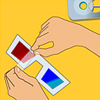
Seeing 3D
Source Institutions
Create 3D glasses and use them to explore color, light and optics. Fool your brain into 'seeing' three dimensions on a flat surface!

Measuring Your Breathing Frequency at Rest
Source Institutions
In this activity about the brain and sleep (on page 138 of the PDF), learners measure their resting breathing rates. Learners will discover that breathing frequencies vary amongst individuals.
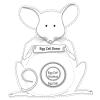
Let's Clone a Mouse, Mouse, Mouse...
Source Institutions
Somatic Cell Nuclear Transfer (SCNT) is a cloning method that involves transferring a nucleus from a somatic cell of the individual to be cloned to an enucleated egg.
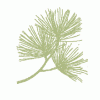
The Blindfolded Walk
Source Institutions
In this activity, learners work in teams to study the observation skills essential to scientific research.
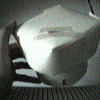
CD Spectroscope
Source Institutions
In this activity, learners use an old CD to construct a spectroscope, a device that separates light into its component colors.
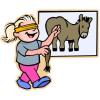
The Space Place
Source Institutions
In this activity (23rd on the page), learners conduct an experiment to examine memory and learning.
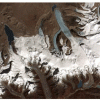
Earth's Energy Cycle: Albedo
Source Institutions
In this activity, learners experiment and observe how the color of materials that cover the Earth affects the amounts of sunlight our planet absorbs.
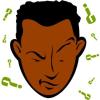
Now or Later: The "Recency/Primary" Effect
Source Institutions
In this activity (18th on the page), learners conduct an experiment to examine memory.
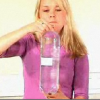
Cartesian Diver
Source Institutions
In this demonstration, learners observe the effects of density and pressure. A "diver" constructed out of a piece of straw and Blu-Tack will bob inside a bottle filled with water.

How Quick Are Your Responses?
Source Institutions
In this activity (on page 134 of the PDF), learners explore reaction time.
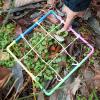
Counting With Quadrants
Source Institutions
Millions of organisms can live in and around a body of water.
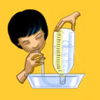
Lung Capacity
Source Institutions
This is an activity about lung capacity. Learners will measure their own lung capacity using a homemade spirometer.
The Earth's Timeline
Source Institutions
In this group activity, learners will mark important developments of life on Earth on a timeline (each foot in length representing 200 million years).
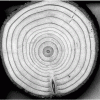
Trees: Recorders of Climate Change
Source Institutions
In this activity, learners are introduced to tree rings by examining a cross section of a tree, also known as a “tree cookie.” They discover how tree age can be determined by studying the rings and ho
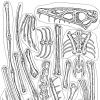
The Great Fossil Find
Source Institutions
On an imaginary fossil hunt, learners "find" (remove from envelope) paper "fossils" of some unknown creature, only a few at a time.
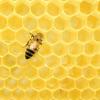
Honeycomb Geometry
Source Institutions
In this activity, learners will build a honeycomb. Learners will investigate how the shape of the honeycomb develops. Activity includes step-by-step instructions and extension ideas.

Mirror-Tracing
Source Institutions
This mirror-tracing activity related to proprioception is a visual and motor test that involves learning a new motor skill.

Dogs and More Dogs
Source Institutions
In this activity, learners play an evolution card game to see how selective pressures can affect an organism's evolution.
